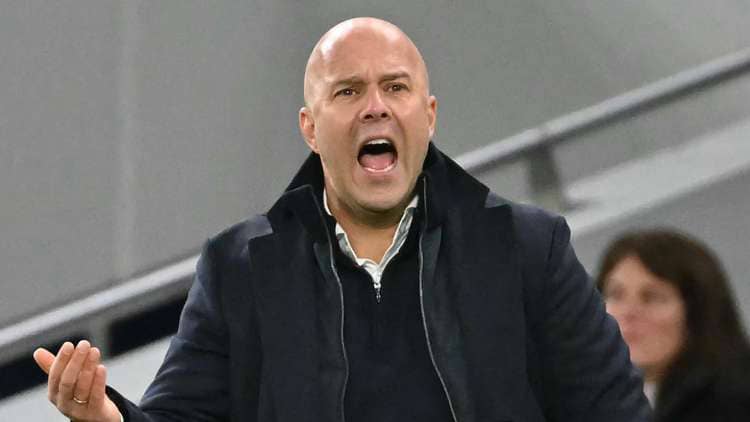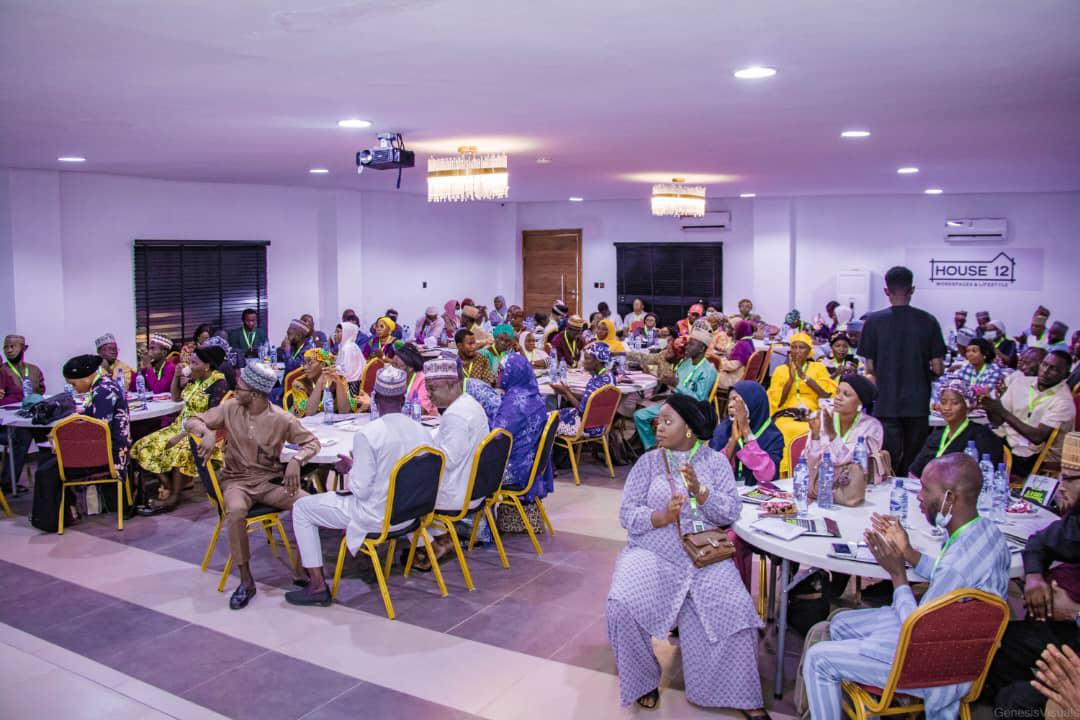The House of Representatives has urged the Federal Government to reverse the recent Pump Price hike and take immediate steps to stabilise petrol and cooking gas prices through targeted interventions such as temporary price relief measures, tax reductions, or subsidies on LPG for low-income households.
The House also called on the Nigerian National Petroleum Corporation (NNPC), Ministry of Petroleum Resources and other relevant agencies to expedite the repair/maintenance of domestic refineries and increase local refining capacity as a stop-gap measure to reduce the dependence on imported refined petroleum products.
The lawmakers further urged the Central Bank of Nigeria (CBN) to implement monetary policies that will mitigate the adverse effects of fuel price hikes on inflation, particularly with regards to essential goods and services.
These resolutions was sequel to the adoption of a motion of urgent public importance on the “Urgent need to suspend the increased cost of petrol and cooking gas in the country and provide a stop-gap”, moved by the House Minority Leader, Rep. Kingsley Chinda and 111 other lawmakers.
Debating the motion, the Deputy Minority Leader, Rep. Aliyu Madaki, said that Nigeria, as an oil-producing nation, has historically relied on petroleum products and cooking gas (LPG) as essential sources of energy for both domestic and industrial purposes.
He expressed concern that in recent months, the prices of petrol and cooking gas have skyrocketed and continue to so do, creating an unsustainable financial burden on ordinary Nigerians and exacerbating the cost of living.
According to Madaki, the removal of fuel subsidies, coupled with global oil price volatility and the depreciation of the Naira, has contributed significantly to the rising cost of petrol at the pump and cooking gas for households.
He said “worried that the escalating fuel and gas prices are impacting the cost of transportation, food, essential goods and healthcare, further increasing inflation and pushing many families into deeper financial hardship.
“Further concerned that businesses, particularly small and medium-sized enterprises (SMEs), are struggling to manage their operational costs due to increased fuel prices, threatening economic stability and job security.
“Acknowledging that the Federal Government has previously announced plans to repair domestic refineries and boost local refining capacity to address some of these issues but has yet to deliver significant results in this regard;
“The rising cost of petrol and cooking gas poses a significant threat to the livelihood of millions of Nigerians and unchecked inflationary pressure caused by the increased prices can lead to social unrest, increased poverty rates, and negative long-term economic effects.
“Unless urgent and pragmatic steps are taken to control the rising cost of petrol and cooking gas, the Nation will go into economic crisis leading to negative outcomes like increased crime rate and mortality rate.
The House unanimously adopted the motion urging the Federal Government to explore alternative energy sources and diversify the country’s energy mix to reduce reliance on petrol and gas, promoting renewable energy solutions that are more sustainable and affordable in the long term.
The lawmakers also encouraged State Governments to adopt policies that alleviate the financial burden on their citizens, such as waiving taxes or levies on transportation and goods affected by high fuel costs.
The House further mandated its special adhoc committee investigating fuels price increase to investigate and report back within two week for further legislative action.







